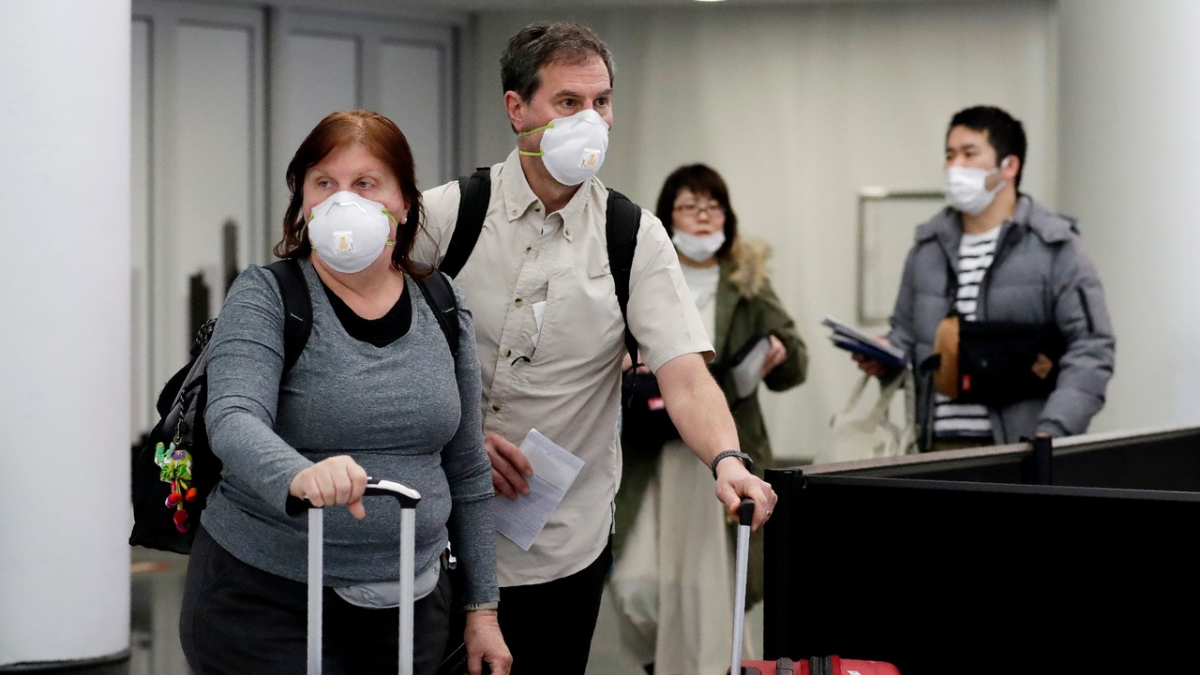
As international travel continues to recover, so too does the threat of exposure to mosquito-borne diseases such as chikungunya. Widespread in much of Africa, Asia, the Caribbean, and the Americas, chikungunya is a viral illness spread by Aedes mosquitoes infested with the virus, also responsible for dengue and Zika transmission. While not usually deadly, chikungunya can bring with it abrupt fever, arthritis, rash, and fatigue that may last for weeks or even months. The best defense is prevention.
Table of Content:-
Tips To Protect Yourself From Chikungunya While Travelling Abroad
Whether you're traveling to a tropical place, a rural village, or a crowded city where outbreaks are known to have occurred, here are key tips to help you remain healthy while traveling abroad.
1. Know Before You Go And Research Your Destination
Before packing your suitcase, look up health advisories on sites such as the CDC or WHO. These websites have the latest information regarding outbreaks of chikungunya and vaccine recommendations (although no chikungunya vaccine is yet licensed for use). Additionally, register for travel notices from your local health department or travel clinic.
2. Cover Up
Chikungunya-carrying mosquitoes are active most of the day, particularly in the early morning and late afternoon. Therefore, protecting your skin and body is essentiatl. Shield your skin by wearing:
- Long-sleeved shirts
- Long pants
- Closed shoes and socks
- Light-colored clothing (dark colors attract mosquitoes)
- Consider permethrin pre-treated clothing, an insect repellent safe for fabrics.
Also Read: After Hair Transplant, John Cena Follows Red-Light Therapy: How It Helps In Regrowth

3. Pack (and Use) Insect Repellent Wisely
A good EPA-registered insect repellent is your first line of defense. Opt for ingredients such as:
- DEET (20–50%)
- Picaridin
- IR3535
- Oil of lemon eucalyptus (natural alternative)
Use repellent on skin that will be exposed after applying sunscreen. Reapply as directed, particularly after swimming or perspiring.
4. Mosquito-Proof Your Lodging
Even five-star hotels are not mosquito-proof. Take precautions to render your sleeping space safe:
- Occupations air-conditioned rooms or well-screened windows and doors
- Sleep under a bed net, preferably one that's been treated with insecticide, particularly if you're sleeping outside or in open-air accommodations
- Bring a portable mosquito plug-in vaporiser or repellent coil if electricity is available
5. Eliminate Standing Water
Wherever you stay, check for areas where water may collect, buckets, flower pots, clogged drains. These are prime mosquito breeding grounds. Alert staff or hosts if you see standing water nearby.
6. Boost Your Immunity and Prepare Medically
Though there's no vaccine or specific treatment for chikungunya, you can still take proactive steps:
- Stay well-hydrated
- Eat healthy foods to keep your immune system strong
- Bring some essential medications such as acetaminophen (avoid NSAIDs such as ibuprofen at first, since they will exacerbate symptoms if they are misdiagnosed with dengue)
- Visit a travel medicine expert prior to travel, particularly if pregnant or have chronic medical conditions

7. Recognise the Symptoms And Act Quickly
Early symptoms of chikungunya include:
- Abrupt onset of fever
- Extreme joint pain (frequently in hands and feet)
- Muscle aches
- Headache
- Weakness
- Rash
If you become ill during or after your trip, get medical treatment right away. Be sure to inform your healthcare provider about your travel destination so they can provide you with proper diagnosis and treatment.
Bottomline
Traveling overseas is a great experience, but it has health consequences. With no vaccine or cure for chikungunya, prevention is the best choice. By being informed, safeguarding your body from bites, and taking charge of your surroundings, you can have a great time without coming home with more than memories.
Also watch this video
How we keep this article up to date:
We work with experts and keep a close eye on the latest in health and wellness. Whenever there is a new research or helpful information, we update our articles with accurate and useful advice.
Current Version